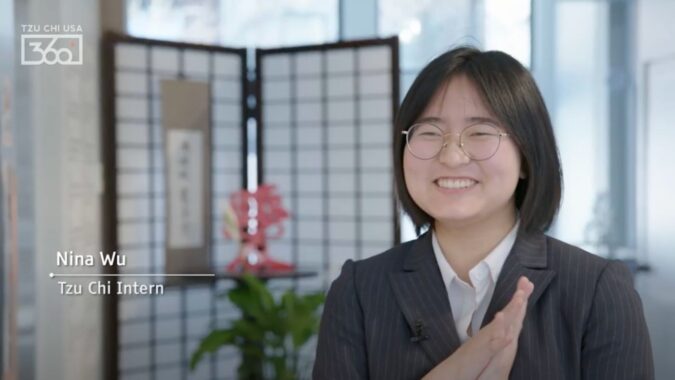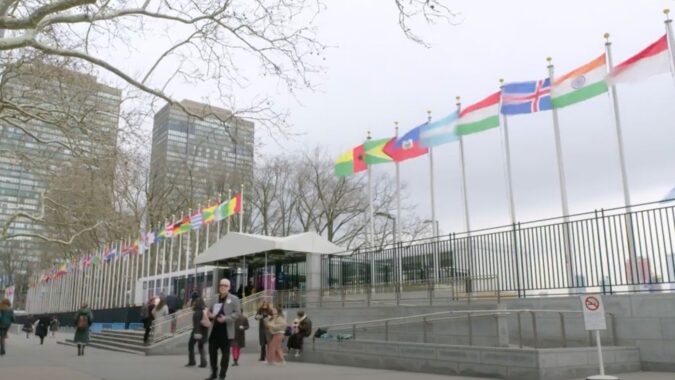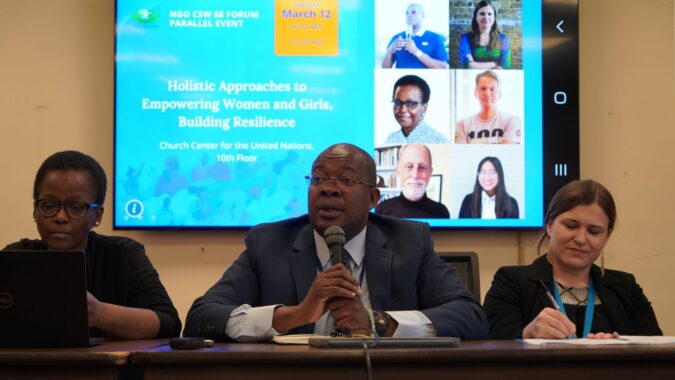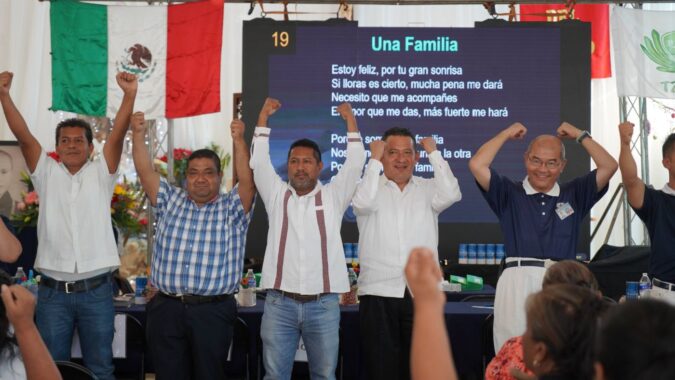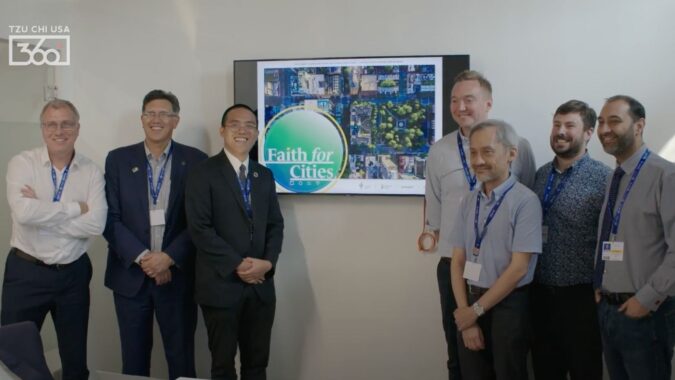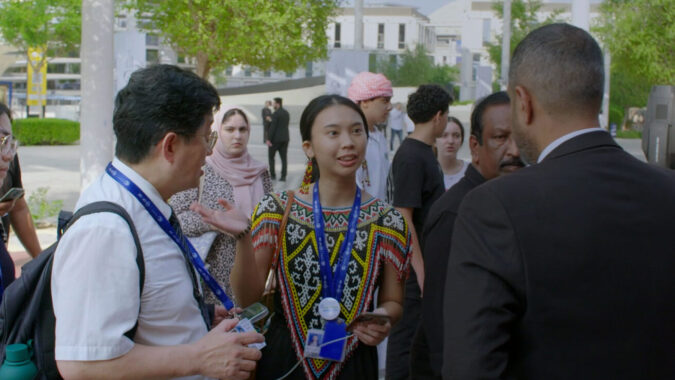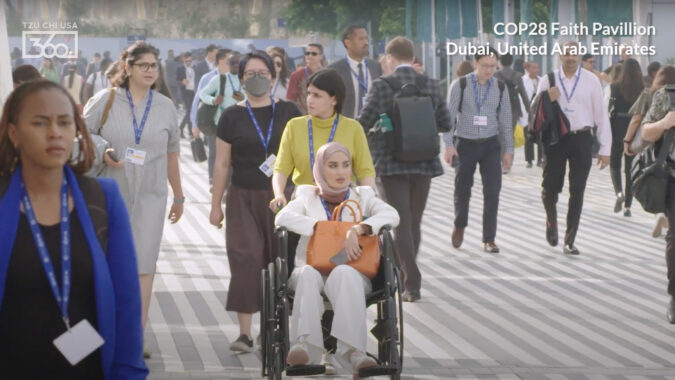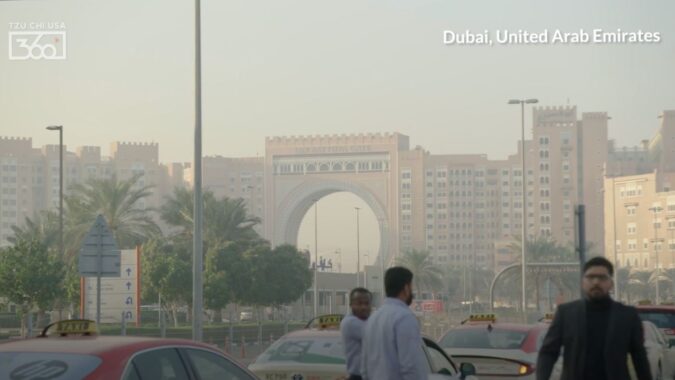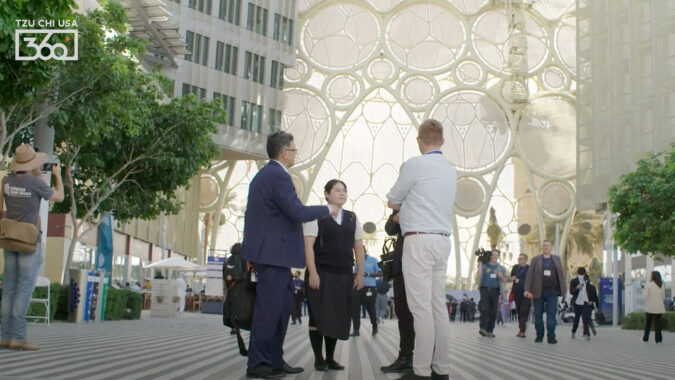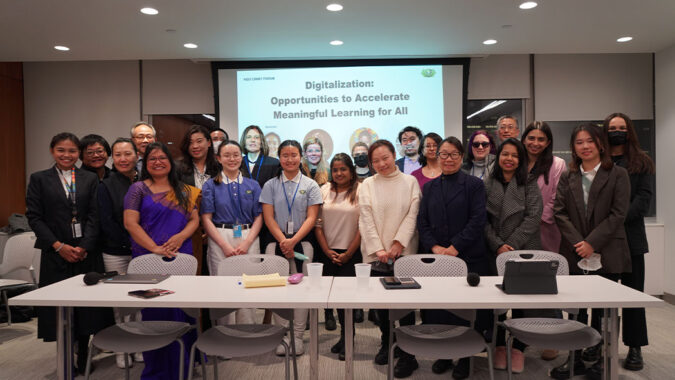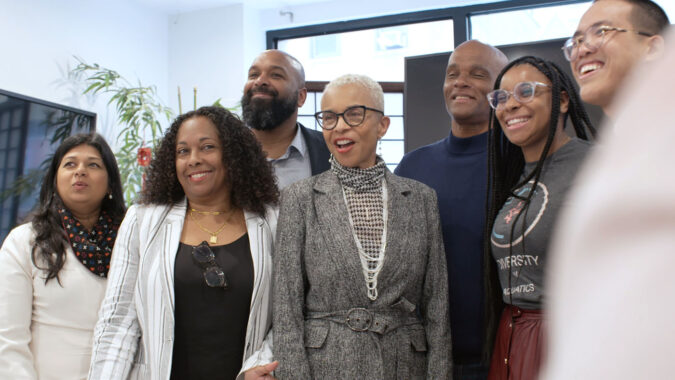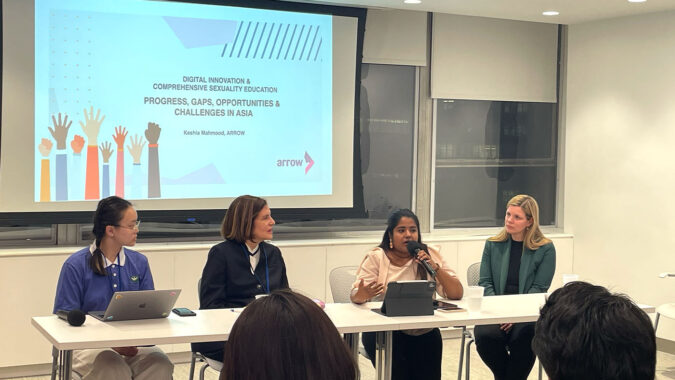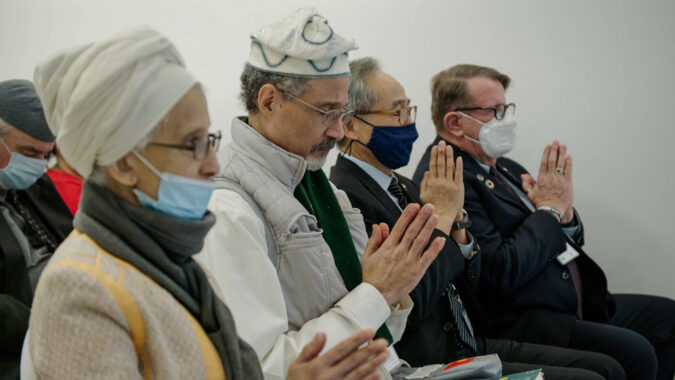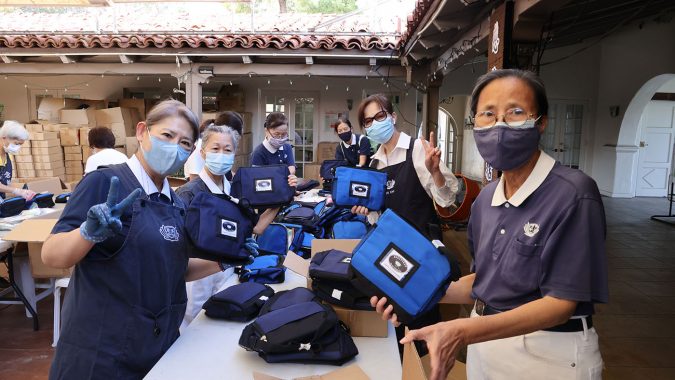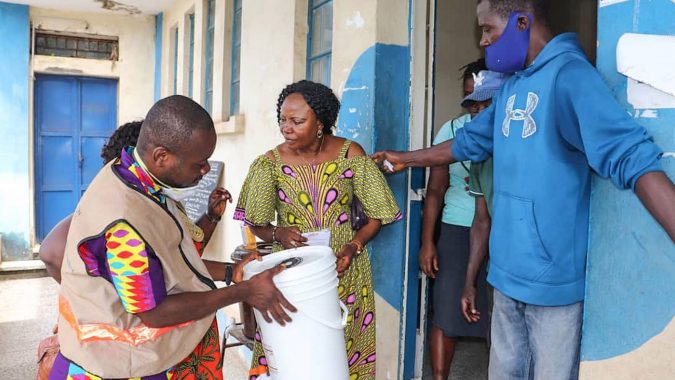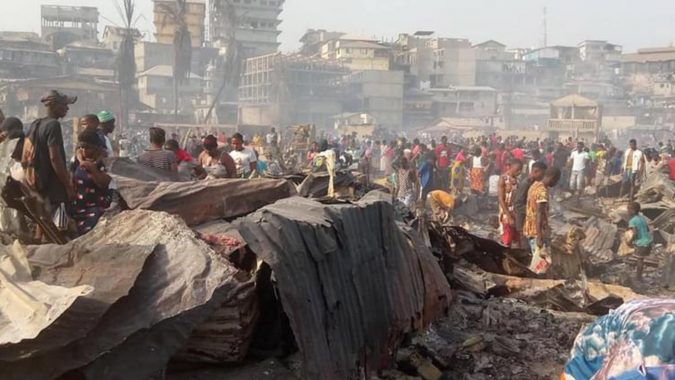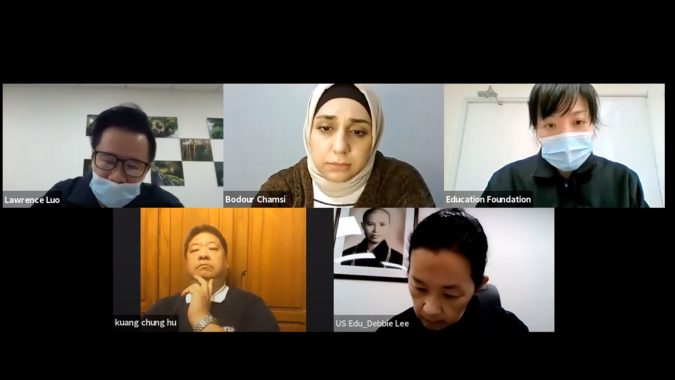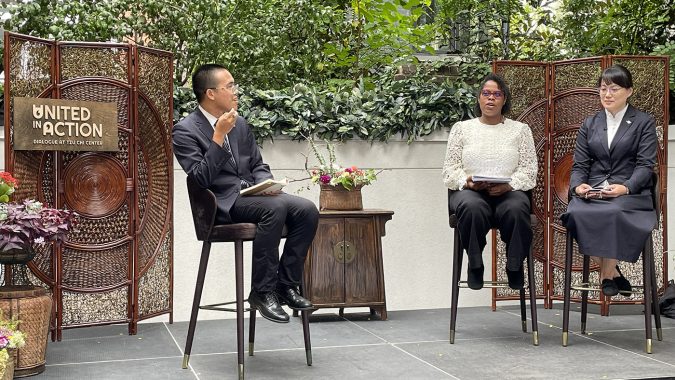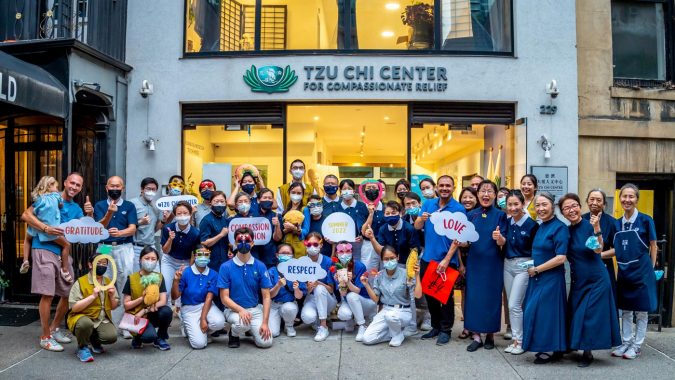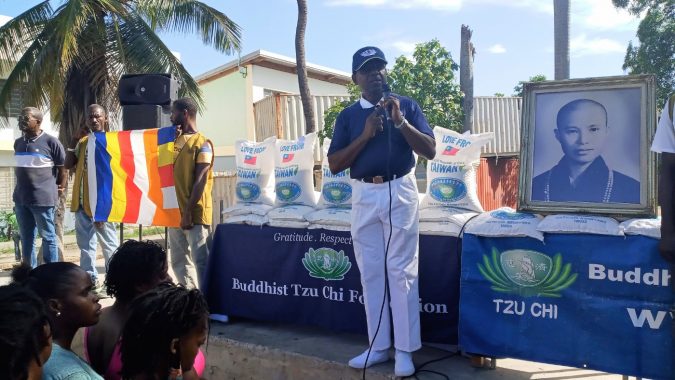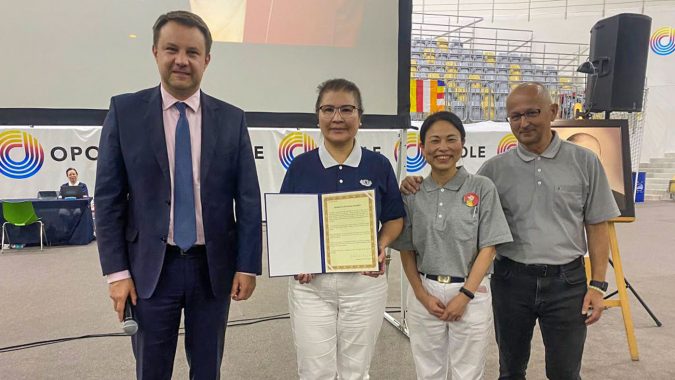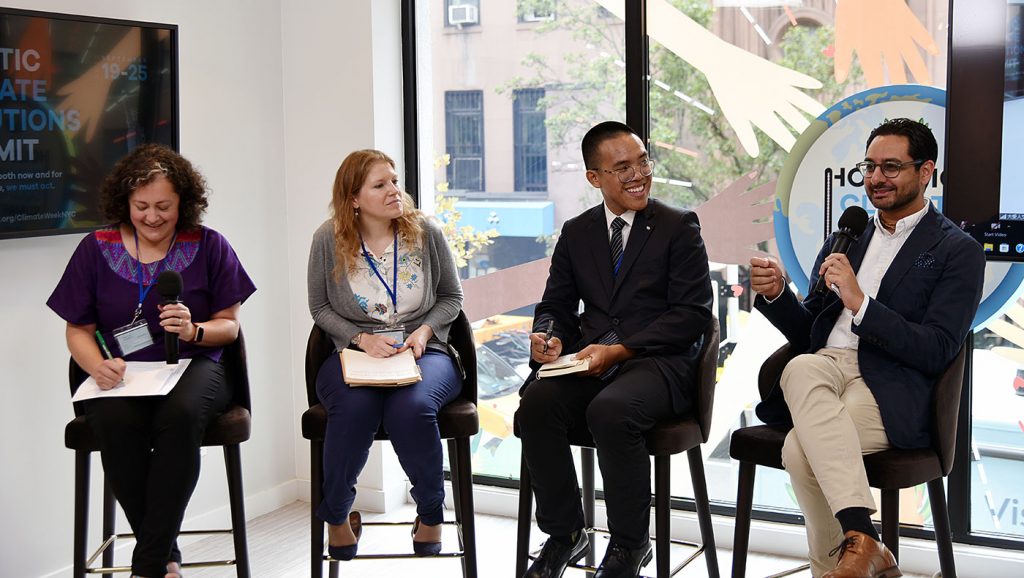
Written by Anna Sipek
For the past three days, the Tzu Chi Center has been bustling with activity as dignitaries, activists, and faith leaders from all around the world gather for the Holistic Climate Solutions Summit. The first large event hosted at Tzu Chi in over 2 years, the summit has left volunteers and organizers alike giddy as they come together to imagine a new, more sustainable future.
Inspired by Tzu Chi’s long history of community building and interfaith action, Tzu Chi leaders wanted to physically bring together change makers for a week of thought-provoking panels, engaging workshops, and community dialogues about the future ahead of us.
The Holistic Climate Solutions Summit is hosted in alignment with Climate Week NYC, the largest climate event of its kind, which brings together climate activists from all across the globe in conjunction with the United Nations General Assembly. The theme of this year’s Climate Week is “Getting It Done,” meant to celebrate action and motivate us all to do more for our environment.
Speakers from panels across the days echoed the UN’s sentiment, we need to get it done, as co-organizer Rev. Dallas Conyers of the Southeast Climate and Energy Network said in her panel, “now is not the time for business as usual,” but some criticized the organization for its lack of action.
”The leadership at the UN is not doing what it needs to do,” asserted Colette Pichon Battle, the Vision and Initiatives Partner for Taproot Earth. While events like Climate Week and COP present an opportunity to engage in new ideas with people from around the world, she argued, many less represented groups (often those who are most affected by climate change) are left out of these conversations.
Zachary Philips, an AOSIS Fellow, and resident of Antigua and Barbuda, an island nation set to lose large tracts of land due to rising sea levels resonated with this idea. “There is a disconnect between those that attend [COP and UN events] and those who are on the frontlines, who are actually dealing with the issues.”
With nearly a third of the guests coming from the grassroots, the Holistic Climate Solutions Summit, is attempting to bridge that gap
“ I think with the HCSS it’s a very unique space that is intentionally created to build these conversions that bring everyone together. It’s very rare to have these conversations in the international arena because oftentimes it’s the same people, talking about the same issues, talking about the same ideas,” said Steve Chiu, organizer of the HCSS. “We really wanted to break that mold and bring innovative ideas with innovative groups together that are working at the grassroots level and connect them to representatives at the UN.
Here are some ideas from the people experiencing the effects of climate change who are doing the work on the frontlines:
Exploring People Over Profit
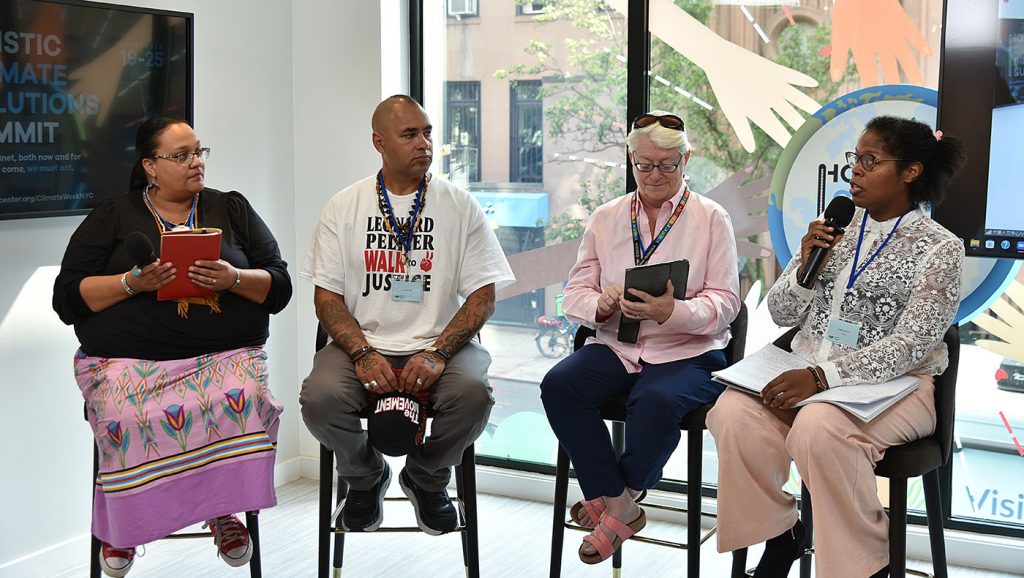
Material things are meant to be used by people. Yet, lacking wisdom, we are perpetually discontent, and become enslaved by material things.
Jing Si Aphorism
Over the past few years, climate change conversations have been increasingly focused on how companies might be able to make money fighting the climate crisis. Unfortunately, as many have noted over the course of the summit, when solutions and investments focus too much on how companies can profit, people who are feeling the greatest impacts are side-lined once more.
“Why do [poor people] continue to be drained of ecological wealth,” asked youth activist and content creator Isaias Hernandez, @QueerBrownVegan on TikTok. “The reason why many of these businesses exist is because it’s profitable,” but often is to the detriment of marginalized communities.
“We have to redefine wealth,” said Ms. Pichon Battle, in her panel How Global Solutions are Failing Local Communities. “[We need to] understand wealth as our health, as our longevity, as our access to natural resources, as our access to the natural things of this world. [Let’s] redefine wealth in that way, and all choose to have access to that. ”
Learning to Rebuild our Communities
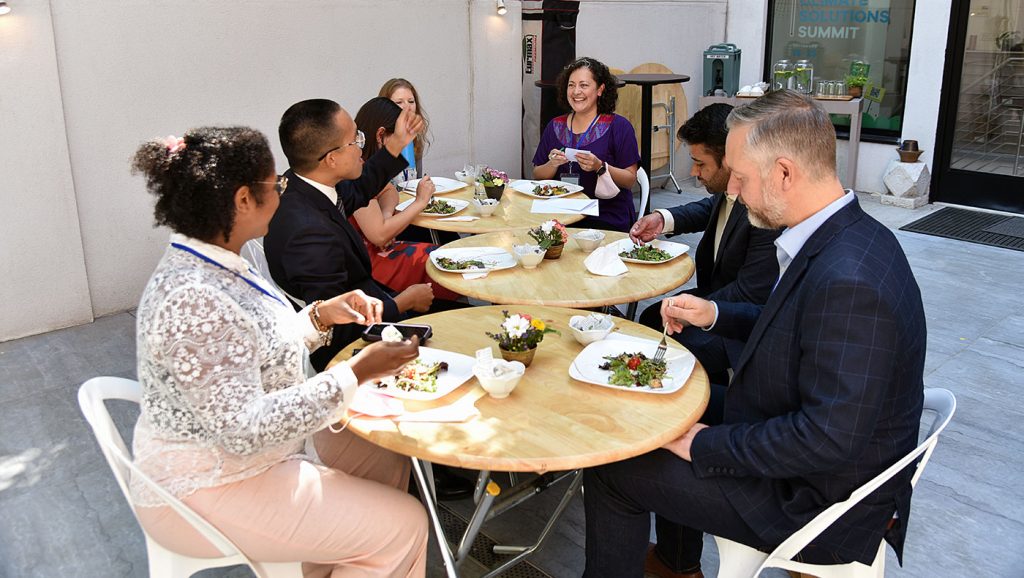
A fulfilling life is not preoccupied with material objects, prestige, or power. It is a life that is filled with true friendships, sharing, and caring for each other.
Jing Si Aphorism
“All of us live in a time where communities are being dismantled and disintegrated,” said Ms. Pichon Battle. Researchers have found that across the world, on average people are becoming more individualistic and less communal as a whole. This sense of individualism, argued speakers, can present an issue particularly as we increasingly face disaster due to climate change.
“Sadly the government is not going to be there, or serving the folks that are most impacted by climate disaster,” stated Lucy Cummings of NYID. “When you look at communities and their ability to bounce back from disaster, the main determinative feature is social cohesion, social connectedness. It’s not how much money is thrown in, or how big the disaster is.”
Faith spaces, like the Tzu Chi Center are an essential part in the fight to rebuild our communities and strengthen collective power, serving as a place for people to gather in a way that is radically supportive of those who might otherwise fall through the cracks.
Recognizing the Value in all Experiences
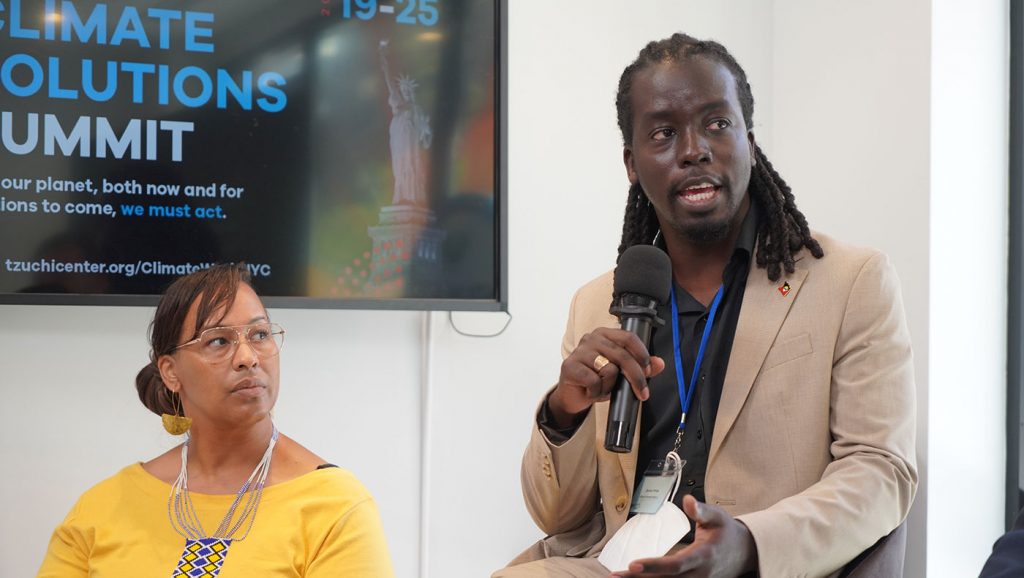
Do not underestimate yourself, for human beings have unlimited potential.
Jing Si Aphorism
The people who are experiencing climate change know what they need, and organizers attending the Holistic Climate Solutions Summit are calling on leaders, the UN, and laypeople to recognize the value of all experiences from youth to communities of color, women to LGBTQ people.
“We all have knowledge, and we all have something to gain and something to share,” said Ms. Pichon Battle, yet oftentimes those with something to share are being left out of important climate discussions.
To those who may find themselves on the outside of conversations about climate and environmental justice on both a global and local scale, experienced climate activists Lasse Bruun and Lina Mahy offered the following:
1) Don’t wait for opportunities to arise. You have to fight for your place in conversations and to be heard because you deserve to be heard.
2) Don’t be afraid to ask critical questions. Representatives often are disconnected from those they speak on behalf of. By questioning them, you create an opportunity for us all to learn from one another.
Getting more people on a local level engaged and connected to climate activism in their area is one of the most important sticking points of the conference, so far. The fight for a better future is not one we fight alone.
“ [Get involved and] honor the legacy of yourself to your own grandchildren,” urged Jason Crazy Bear Keck, co-founder of 7 Directions of Service.
Feeling like you missed out? Click here to check out recordings from the summit!





